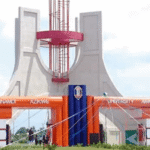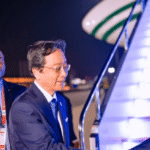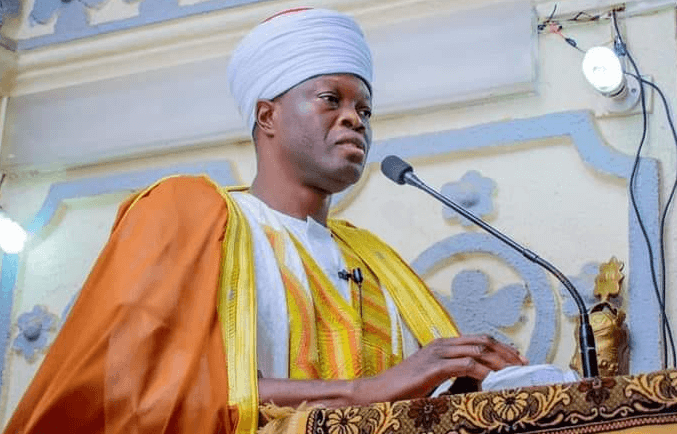The Nigerian Meteorological Agency (NiMet) has rolled out a new programme designed to close climate information gaps and boost the nation’s resilience against weather and climate-related disasters.
The initiative, called Enhancing National Climate Services (ENACTS), was officially launched in Abuja on Tuesday by NiMet’s Director-General, Prof. Charles Anosike, who is also Nigeria’s Permanent Representative at the World Meteorological Organisation.
Speaking at the event, Anosike described the programme as “a milestone in national development,” noting that it took over a year of collaboration between NiMet, Sahel Consulting Limited, and the International Research Institute for Climate and Society, with funding support from the Bill & Melinda Gates Foundation under the Building Agricultural Systems Resilience in Nigeria Project.
According to him, the ENACTS project will play a key role in strengthening Nigeria’s early warning systems and ensuring that climate information is not only available but also accessible and useful across different sectors of the economy.
“In this era of climate change, the need for accurate, timely, and accessible climate information has never been more critical,” Anosike said. “The implementation of ENACTS is our strategic response to bridging the climate information gap. It is designed to make climate data more actionable for all Nigerians.”
One of the highlights of the project is the Maproom, a digital interactive tool that combines ground-based data with satellite information to generate high-resolution climate data. The platform will provide farmers and decision-makers with vital information such as rainfall patterns, temperature forecasts, drought alerts, and dry spell predictions.
“Crucially, the Maproom aligns with President Bola Ahmed Tinubu’s Renewed Hope Agenda,” Anosike explained. “It provides location-specific climate data at a four-kilometre grid resolution, helping to secure Nigeria’s food systems and improve agricultural planning.”
But the benefits go beyond agriculture. The platform is also expected to serve as a lifeline for disaster preparedness, offering early warnings for floods, droughts, and other extreme weather events that frequently affect communities across the country.
“This anticipatory capability will save lives, protect livelihoods, and safeguard national infrastructure from the devastating impacts of extreme weather events,” Anosike said.
He further noted that the initiative would cut across several sectors including health, energy, transportation, and water resource management, ushering Nigeria into a new era of evidence-based planning.
Calling for strong stakeholder participation, Anosike added: “I urge every stakeholder to key into this initiative as we work together to improve livelihoods, save lives and property, and advance the socio-economic development of our nation.”













